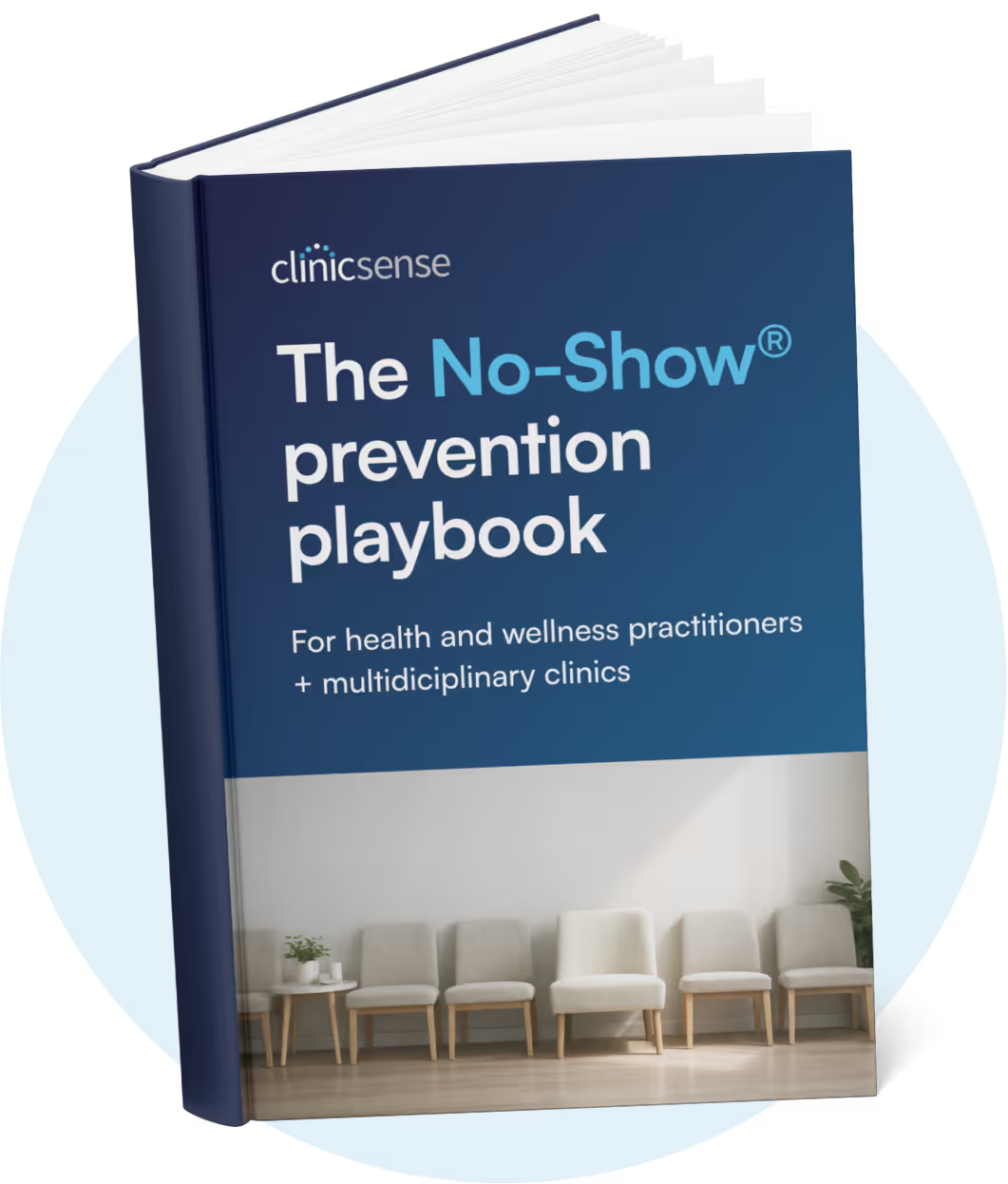Practice Management Tips
January 4, 2024

When people imagine the tranquillity of a massage room, it often involves candlelight and fine linens. The reality is candles are a fire hazard, and working in the dark comes with its own challenges. When designing a massage room, the lighting needs to be practical. The key is to create the ambience your clients desire, while still having enough light to do essential tasks. Let's explore massage room lighting ideas to help you achieve that.
A lot happens in your massage room. It’s not just a place where clients relax. It's also the place where you work. The lighting in your massage room needs to meet both your clients' needs and your own.
As massage therapists, our first priority is always our clients. So let’s start there.
Clients want to feel relaxed as soon as they enter the room. That doesn’t mean it needs to be dark. It means the lighting needs to be soft and welcoming. They may enjoy lower light during the massage. However, they don’t want to feel around in the dark for their clothes when it's over.

When it comes to your own lighting needs, consider your personal preferences. You spend a good portion of your day in this room. The lighting in your massage room is for your enjoyment too. It should create a sense of calm for you, but not make you want to nod off. Also, it’s not the best idea to do first time meetings and assessments in the dark. Make sure you have enough light to engage with your clients before the session. You also need a way to turn down the lights during the massage.
Here are a few massage room lighting ideas and concepts to get you started.
Hygge (pronounced hoo-ga) is a Danish concept. It loosely translates into creating coziness, warmth and a sense of well-being. There are many long, dark days in Scandinavia, but the Danes are considered to be the happiest people on earth. That’s thanks to their ability to turn a dark place into a cozy space that can be enjoyed with friends.
Use these hygge strategies to set the mood in your massage room.

Candles can create a sense of peace and relaxation. They also leave smoke residue on the walls. They can have strong fragrances not all clients enjoy. Most importantly, they pose a safety hazard and may be prohibited in your leased space. Don’t risk it.
Instead, buy some battery-operated faux candles, and incorporate them into your decor. They have the same warm glow. In many ways, they are better than the real thing. You can have as many as you want, and some can be controlled with remote control. You can even put them on a timer so you don't have to remember to turn them off.
These days, you can create whatever mood lighting you want using a smart bulb and an app on your phone. Some apps even have scene settings with names like “hygge” and “calm”. Use your device to control the brightness, color and color combinations of your lighting. You can even create special effects like “candlelight”.
Using technology to control your lighting gives you ultimate versatility. With the touch of a finger, you can set the lighting to your preferred light for client intake. Another tap changes the scene to the low light you use during a session. When the massage session is over, you can slowly brighten the lights, so your client can see to put themselves back together.
The last thing you want is a bright light in your client’s eyes during the massage – But you still need to see. Strategically place small light sources near places where you need more light. Nightlights are a great way to do this.
Put a nightlight in an outlet near the floor to light the space around the massage table. You may know the layout of the room by heart, but a random shoe in your path is probably not in your mind map. You could also use a nightlight beside a work surface, so you can see your SOAP notes, tools and massage cream.
Don’t forget to put a light near the space reserved for your clients' stuff. They’ll appreciate having access to more light if they need it.
Lighting is an essential piece of massage therapy equipment. When coming up with massage room lighting ideas, don’t overthink it. Use a variety of lights, so you can create as much light, as little as you need. That’s really all there is to it.

.avif)











For 14 days